Optimal Timing for Tree Pruning
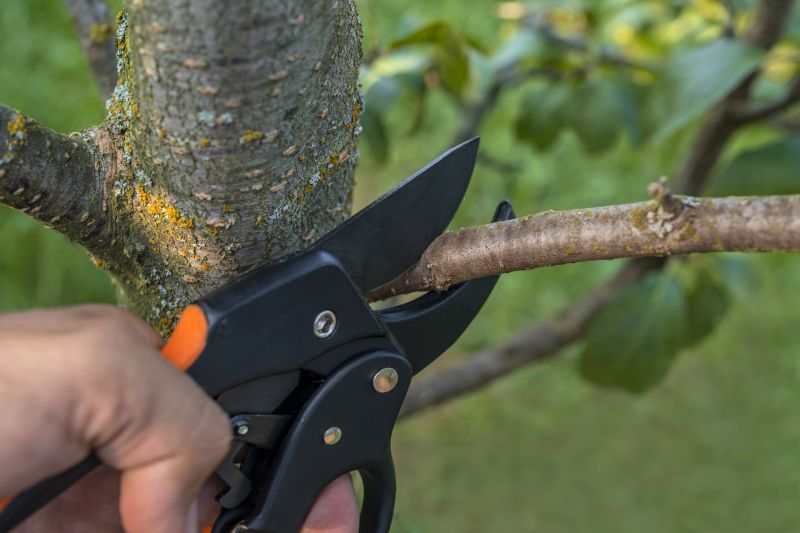
Spring is ideal for pruning to promote healthy growth and flowering.

Summer pruning helps manage growth and remove dead or diseased branches.

Winter pruning allows for shaping and structural improvements when trees are dormant.

Ways to make Tree Care Prunings work in tight or awkward layouts.
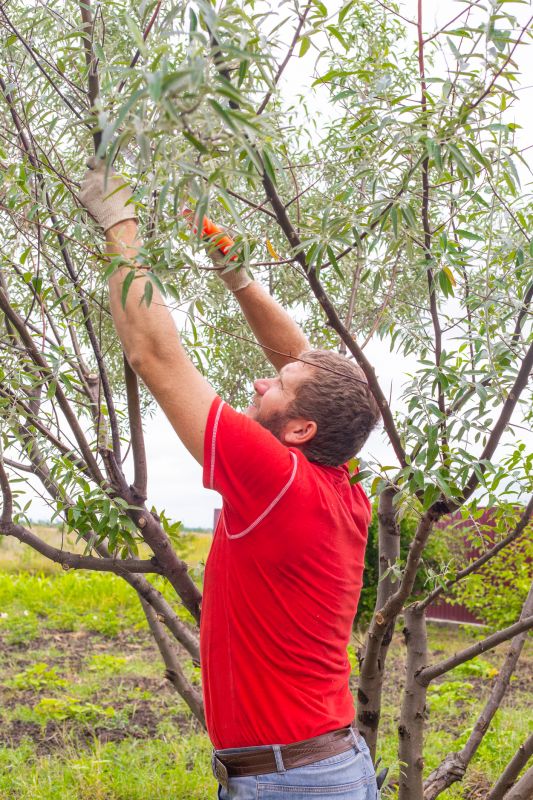
Popular materials for Tree Care Prunings and why they hold up over time.
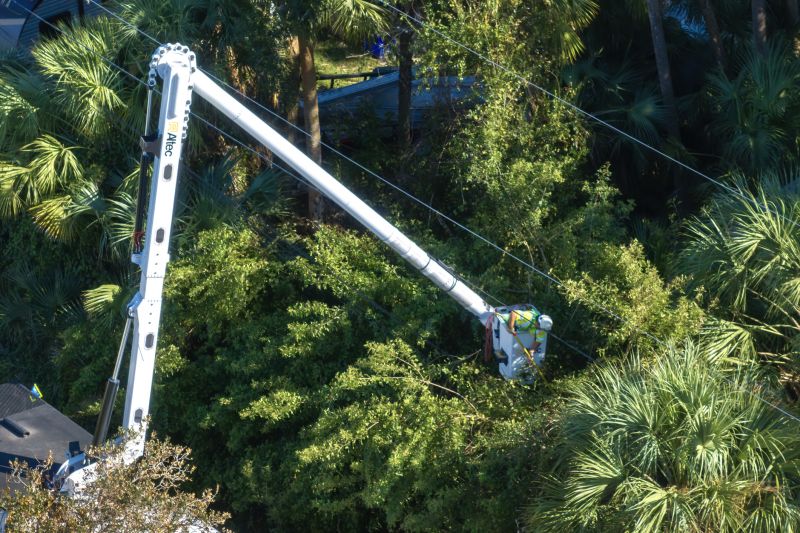
Simple add-ons that improve Tree Care Prunings without blowing the budget.
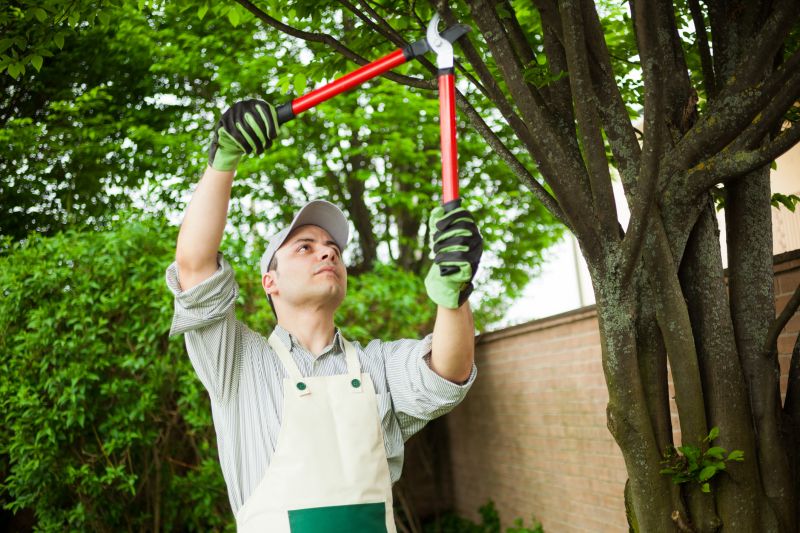
High-end options that actually feel worth it for Tree Care Prunings.
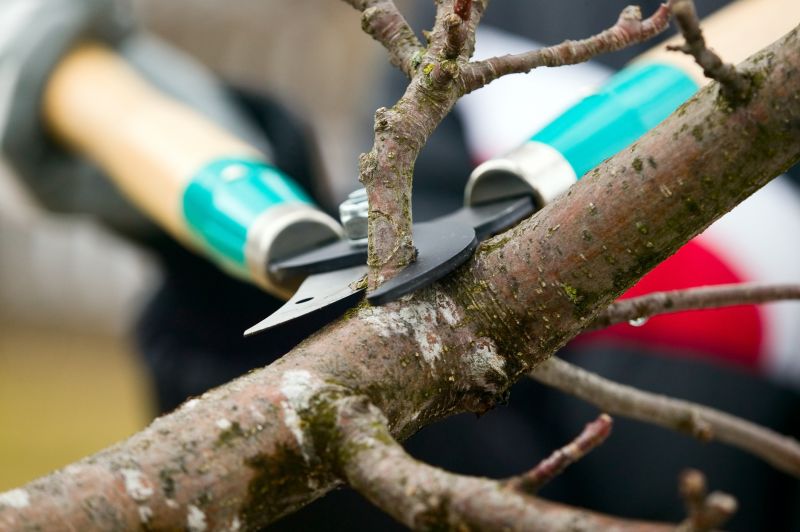
Finishes and colors that play nicely with Tree Care Prunings.
Tree care prunings involve selectively removing parts of a tree to improve its health, shape, and safety. Proper timing ensures that pruning promotes vigorous growth, reduces disease risk, and maintains structural integrity. The best time for pruning varies depending on the tree species and desired outcomes, with considerations for seasonal growth cycles and dormancy periods.
Encourages flowering and new growth, minimizes disease spread by removing damaged branches early.
Helps control size and shape, removes overgrown or crossing branches during active growth.
Allows for clear visibility of branch structure, promotes healthy growth in the upcoming season.
Pruning outside recommended periods can stress trees or increase vulnerability to pests and disease.
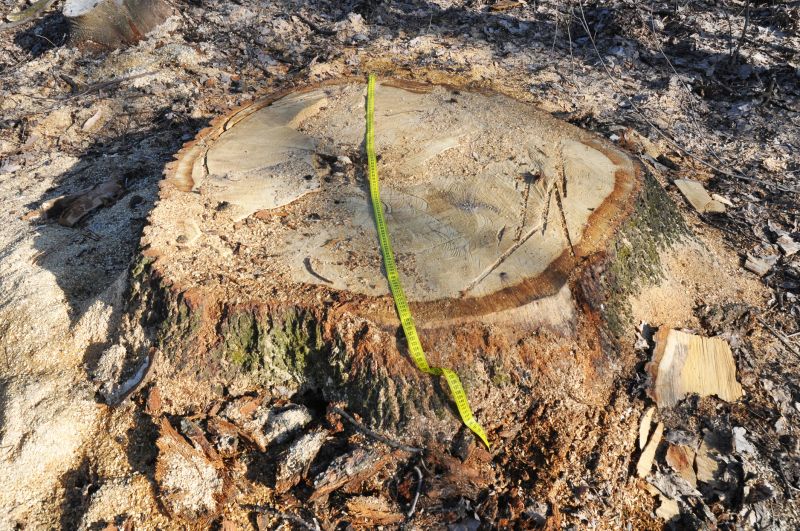
Little measurements that prevent headaches on Tree Care Prunings day.
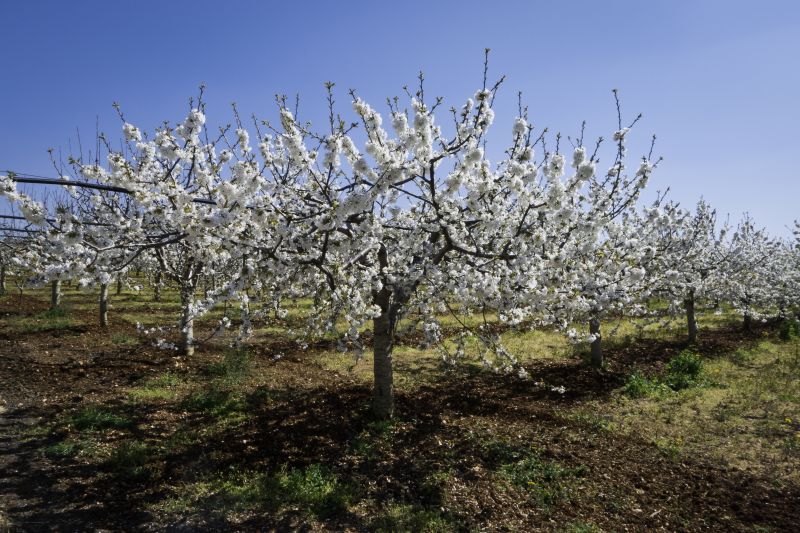
Dormant pruning reduces stress and encourages robust growth in spring.
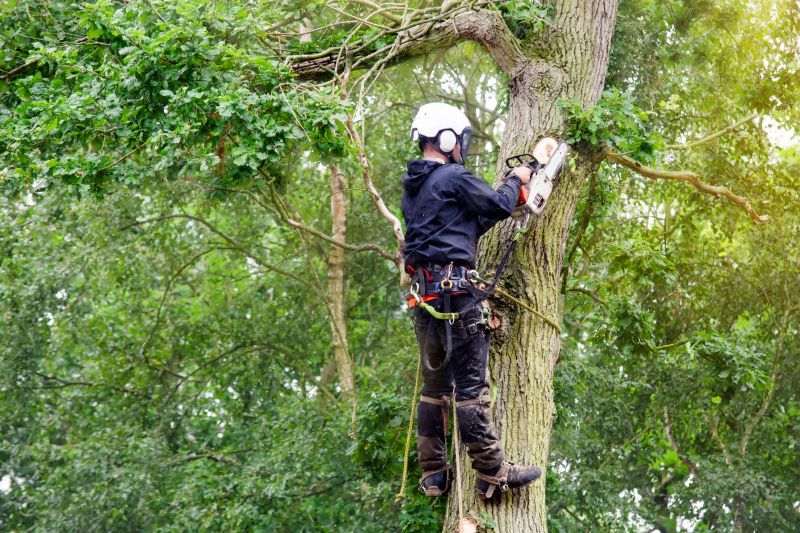
Shaping trees for safety and aesthetics during winter dormancy.
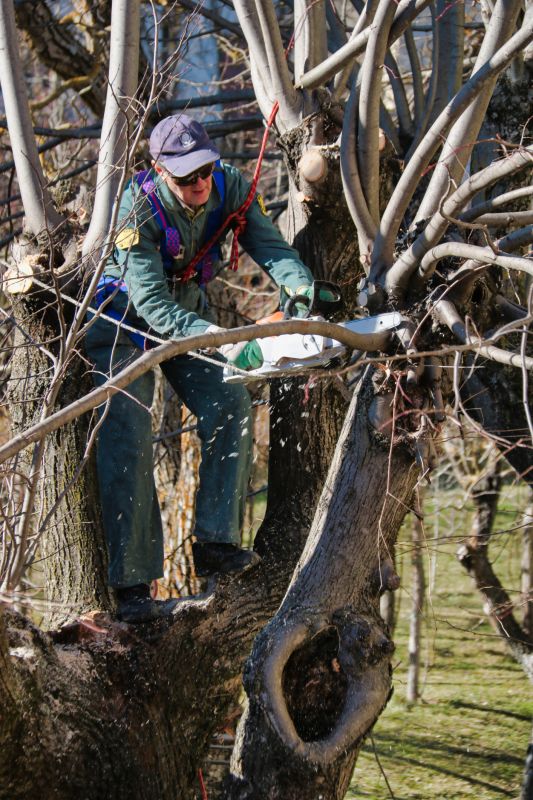
Removing weak or damaged limbs to prevent future issues.
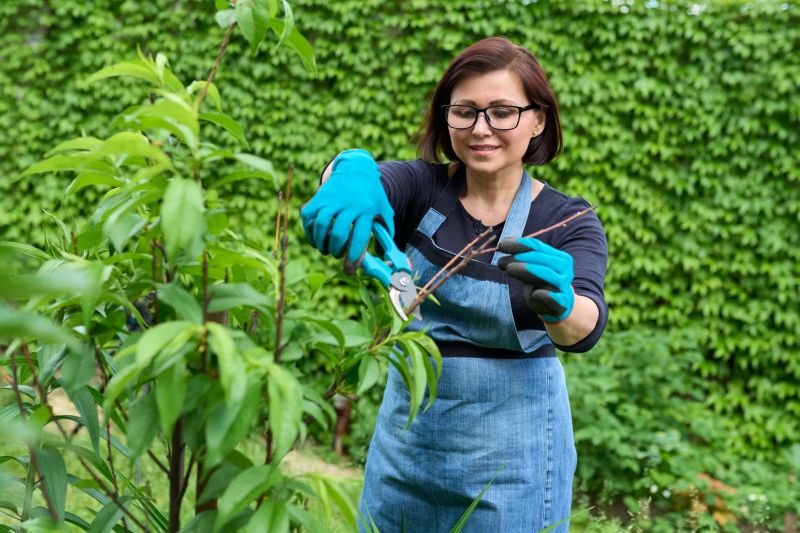
Timing after harvest ensures better fruit production and tree health.
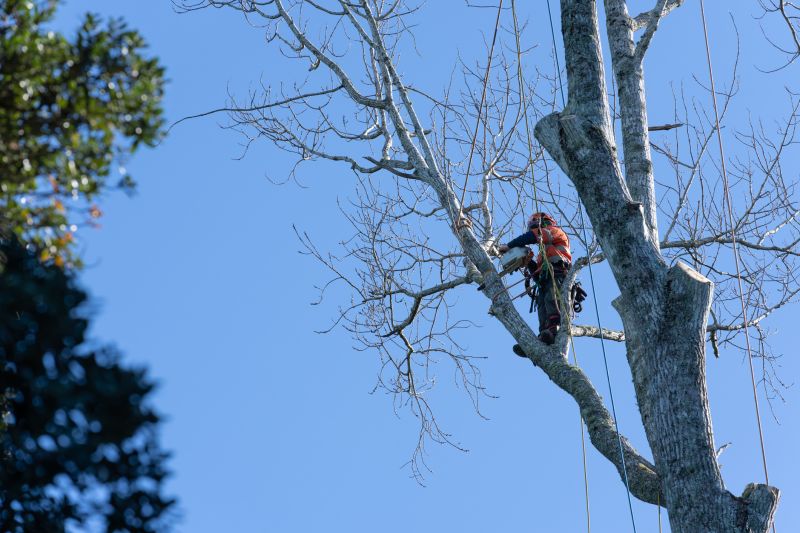
Immediate removal of broken or hazardous branches after storms.
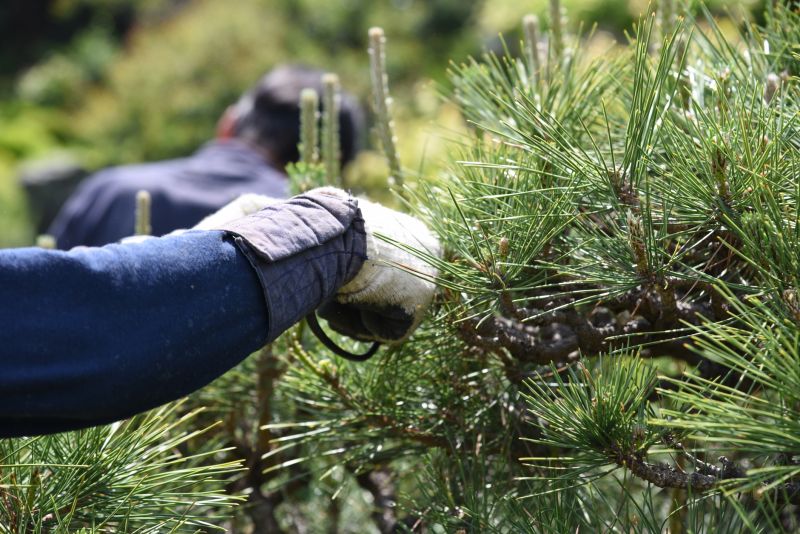
Early pruning encourages strong structure and growth direction.

Selective pruning preserves vitality and reduces risk of failure.
| Season | Recommended Pruning Activity |
|---|---|
| Spring | Prune for flowering and growth promotion |
| Summer | Manage size and remove overgrowth |
| Autumn | Light pruning, remove dead branches |
| Winter | Structural shaping and safety pruning |
| Dormant Period | Ideal for major structural pruning |
Proper timing of tree care prunings is essential for maintaining healthy, safe, and attractive trees. Understanding the specific needs of different tree species and their growth cycles helps determine the optimal pruning periods. Regular pruning during appropriate seasons minimizes risks and maximizes the benefits for tree vitality and landscape aesthetics.
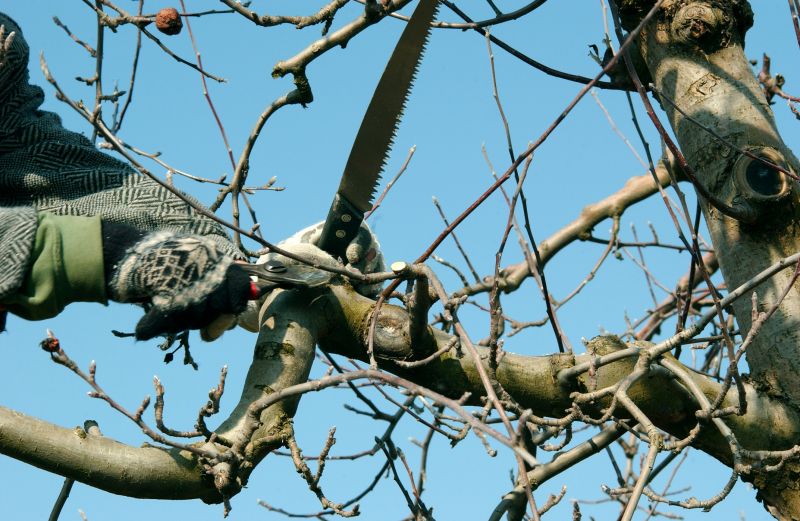
Use sharp, clean tools to ensure precise cuts and reduce disease transmission.
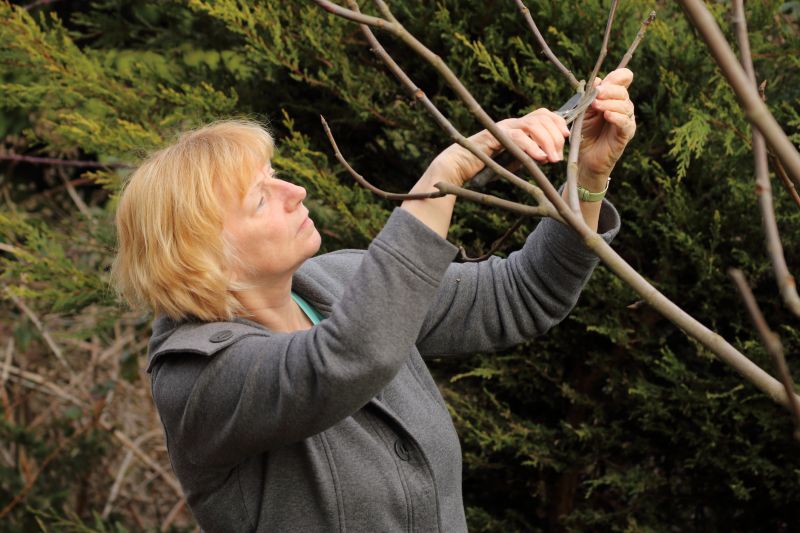
Proper cuts promote healing and prevent damage to the tree.
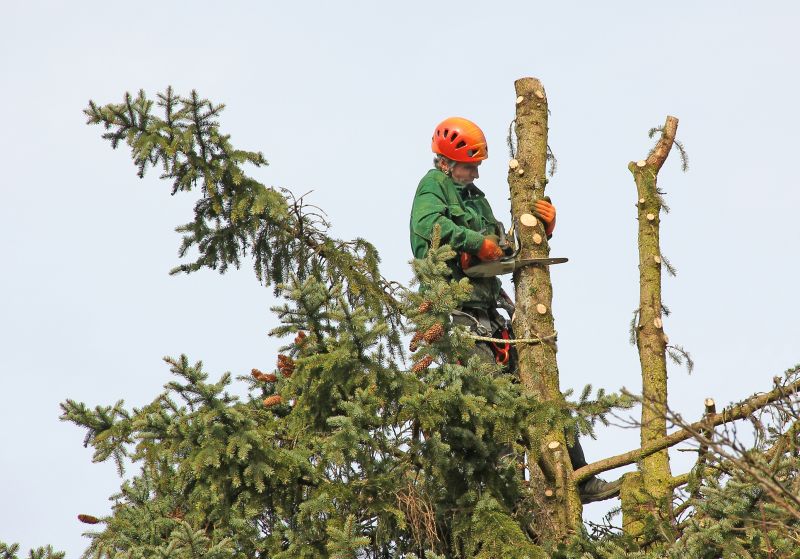
Ladders, pole pruners, and safety gear facilitate safe and effective pruning.
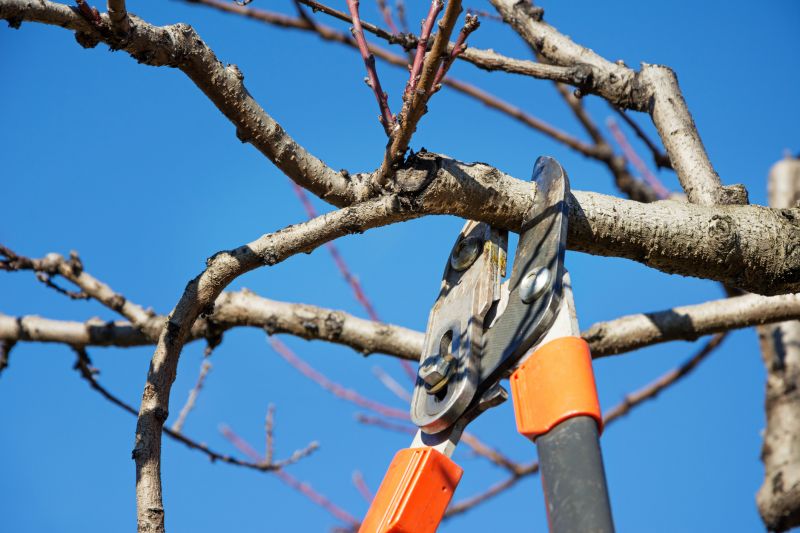
Monitoring and watering help trees recover and thrive after pruning.
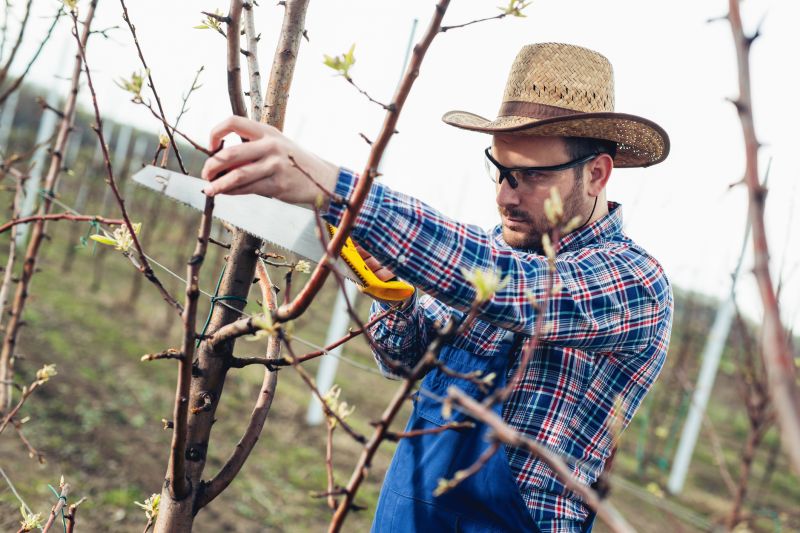
A 60-second routine that keeps Tree Care Prunings looking new.
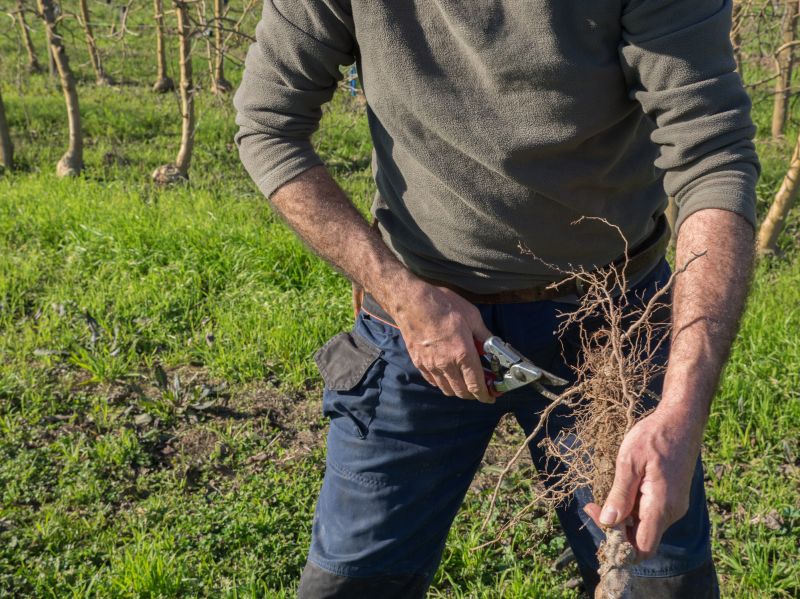
A frequent mistake in Tree Care Prunings and how to dodge it.
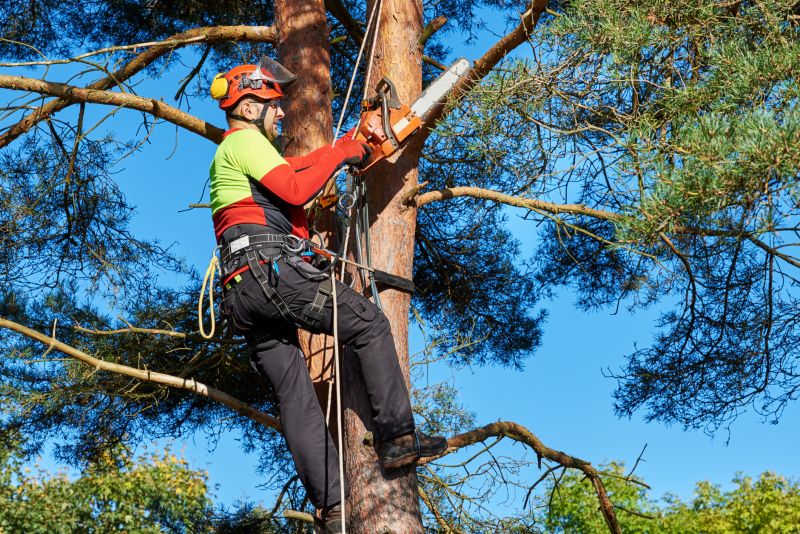
Small tweaks to make Tree Care Prunings safer and easier to use.

Lower-waste or water-saving choices for Tree Care Prunings.
Interested in professional tree care prunings? Filling out the contact form provides an opportunity to discuss specific needs and schedule services tailored to individual trees and landscape requirements.
